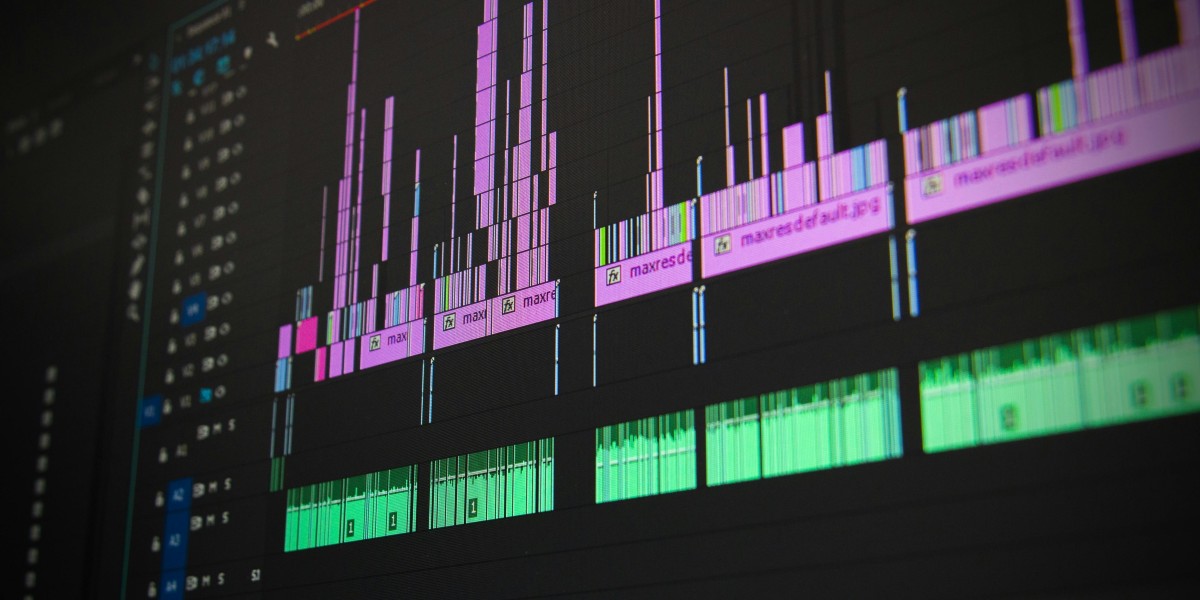Introduction
Licensing music for films offers artists a valuable stream of income and exposure to new audiences. However, the process of getting your music into movies involves more than just creating great tracks. From knowing the right people to understanding the legal side of licensing, success in this industry requires preparation, professionalism, and a good grasp of what filmmakers need. Here are some essential tips to guide you through the licensing process and help you increase your chances of placing your music in films,and how to get your music in movies.
1. Understand Sync and Master Licensing Basics
Before diving into pitching your music, it’s essential to grasp the licensing basics. Film music licensing involves two types of rights:
- Sync Rights: Sync (synchronization) rights give permission to sync the composition (the song itself) to a film or visual project.
- Master Rights: These rights pertain to the actual recording of the song. If you own the master recording, you can grant these rights to filmmakers. Otherwise, they must be negotiated with the record label.
If you own both the sync and master rights, the process is easier for filmmakers. Ensure you know exactly what rights you hold for each track.
2. Build Relationships with Key Industry Contacts
Relationships are crucial in the film industry, especially when it comes to music. Most successful sync placements happen through connections with music supervisors, filmmakers, and sync agents.
- Attend Industry Events: Festivals, music sync expos, and industry conferences bring together music supervisors, producers, and filmmakers. Events like Sundance, SXSW, and Sync Summit are excellent places to make connections.
- Engage on Social Media: Follow music supervisors, sync agents, and other industry professionals on platforms like LinkedIn and Instagram. Engaging with their content and learning about their work can help you build rapport.
- Network with Other Musicians: Many musicians have success in licensing through referrals, so connecting with peers in your industry can lead to opportunities you might not have otherwise.
Relationships take time to build, but cultivating connections can lead to long-term licensing success.
3. Have High-Quality, Licensing-Ready Tracks
Film projects require polished, professional music. Ensure your tracks are ready for licensing by investing in quality production, mixing, and mastering.
- Offer Different Versions: Include instrumental versions of your songs. Often, filmmakers prefer music without vocals to avoid distracting from dialogue.
- Organize Metadata: Add metadata, including your name, contact information, song title, and keywords (e.g., “uplifting,” “cinematic,” “dark”). This helps music supervisors categorize and locate your tracks easily.
- Keep Track Lengths Flexible: Shorter versions (like 30-60 second clips) can be appealing for trailers or transitions. Consider offering a range of lengths in your licensing library.
Prepared, high-quality music demonstrates professionalism and increases your chances of being chosen.
4. Create a Targeted Pitch
Your pitch is often your first impression, so make it personal, concise, and relevant to the project. Avoid generic, mass-sent pitches.
- Research the Project: Tailor your pitch to the specific film, production company, or music supervisor. Mention why your track fits well with the project’s theme or mood.
- Highlight Key Attributes: Briefly mention characteristics that make your track unique, such as its mood or instrumentation, which can be important for certain scenes or genres.
- Include Accessible Links: Use streaming links from platforms like SoundCloud or Dropbox rather than attachments. Make sure your links are easy to access and download if needed.
Tailoring your pitch shows respect for the recipient’s time and interest in their project, which can set you apart from others.
5. Submit Your Music to Reputable Sync Licensing Agencies
Licensing agencies connect independent musicians with filmmakers, offering you exposure to more projects than you could typically access alone.
- Select Agencies that Align with Your Style: Each agency has its own network and niche. Research agencies that work with music in your genre or specialize in the type of projects you’re targeting.
- Read Terms Carefully: Many agencies work on commission, typically taking a percentage of licensing fees. Some also require exclusivity for specific tracks, so review the terms before committing.
- Stay Professional and Organized: Sync agencies work with numerous artists, so make it easy for them to promote your music. Provide clean files, organized metadata, and prompt responses.
Agencies can be an effective way to access film opportunities while you focus on creating more music.
6. Be Patient and Professional with Follow-Ups
The film industry moves at its own pace, and it’s common to wait weeks or even months for responses. Follow-ups can keep your music on the radar, but they need to be professional and respectful.
- Wait Before Following Up: Give it at least one to two weeks before sending a polite follow-up email. A brief reminder expressing your continued interest is often enough.
- Don’t Overdo It: Multiple follow-ups can come across as pushy. Send a single reminder and, if you don’t receive a response, let it go.
- Stay Professional at All Times: Whether you receive feedback or not, thank them for their time. Your professional demeanor can make an impression that lasts beyond a single pitch.


